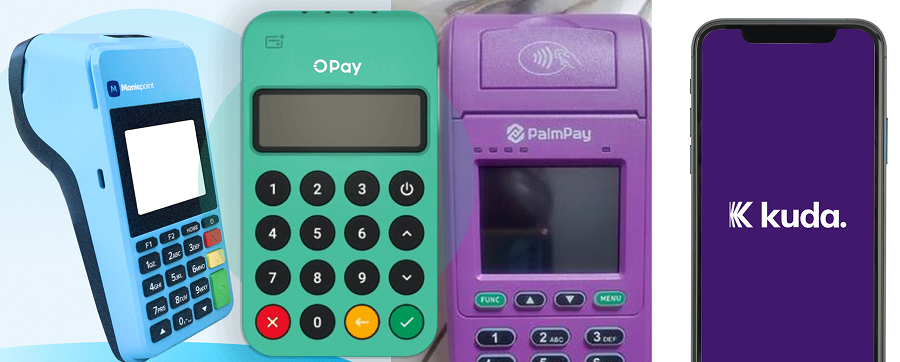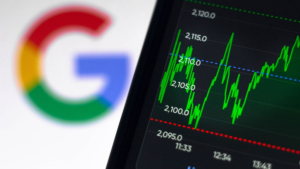
Starting September 9, 2024, Nigerian fintech platforms such as Opay, Moniepoint, Palmpay, and Paga will begin deducting a ₦50 Electronic Money Transfer Levy (EMTL) on all transactions of ₦10,000 or more. This new directive, issued by the Federal Inland Revenue Service (FIRS), extends the EMTL requirement to all electronic payment platforms, not just traditional banks.
The EMTL is a government-imposed levy aimed at generating additional revenue. Previously, the ₦50 charge applied only to electronic transfers handled by commercial banks. Now, all fintech companies must comply with this regulation, making it mandatory for every inflow of ₦10,000 and above into personal or business accounts.
Fintech companies have already started informing their customers about the upcoming changes. Opay, in a notification sent out on Saturday, announced that starting September 9, 2024, a one-time fee of ₦50 will be applied to electronic transfers of ₦10,000 and above paid into personal or business accounts, in compliance with Federal Inland Revenue Service regulations. Opay clarified that it does not benefit from these charges, as they are entirely directed to the Federal Government.
Moniepoint also communicated the new levy to its customers, emphasizing that the fee is not a revenue source for the platform. Their message noted that a ₦50 fee would be charged on inflows of ₦10,000 and above from Monday, September 9, 2024, and that their Business Relationship Managers are available to answer any questions customers might have.
The introduction of this levy marks the end of zero-fee transactions over ₦10,000 for users of these fintech services. However, the levy comes with specific exemptions, such as transactions below ₦10,000, transfers into one’s own account, and transfers between accounts owned by the same person within the same bank. These exemptions are designed to provide some relief to users making small or self-directed transactions.
Revenue generated from the EMTL will be shared among the federal, state, and local governments. The Federal Government will receive 15%, state governments 50%, and local governments 35%. This revenue-sharing arrangement is intended to provide additional funds to support various tiers of government.
The extension of the EMTL to fintech companies is part of the Nigerian government’s broader strategy to increase tax revenue and reduce reliance on oil-based income. By bringing fintech platforms under this regulation, the government aims to create a more uniform and comprehensive taxation framework across the financial sector.
As fintech platforms prepare for the new policy implementation, customers are encouraged to familiarize themselves with these changes and plan their transactions accordingly. For further details or specific queries, customers should contact their respective fintech service providers.






Be First to Comment